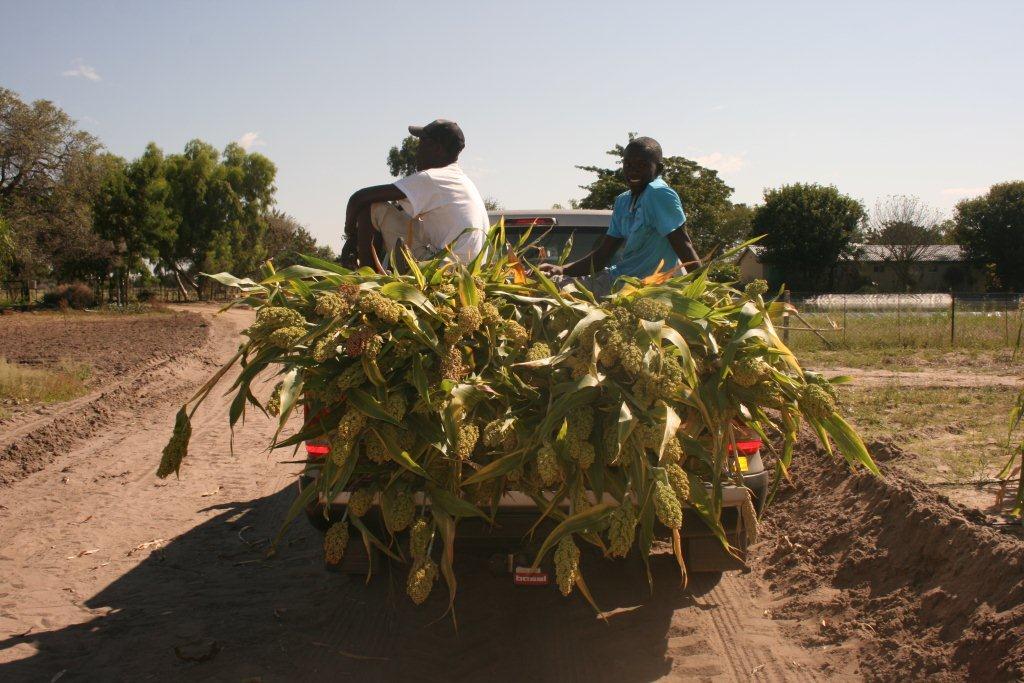Zimbabwe

Global climate change is viewed as a serious issue by the Government of Zimbabwe. The Government signed the United Nations Framework Convention on Climate Change (UNFCCC) in 1992 at the Rio Earth Summit and ratified it in November of the same year. The driving forces behind this concern stem not so much from problems of reducing Zimbabwe’s emission of greenhouse gases (GHG), but rather the potentially serious impacts that global climate change might have on the country. By including climate change issues in the 1996 review of environmental legislation, Zimbabwe intends to incorporate climate change policies in its national development plans. Zimbabwe, like the rest of Africa, is constrained by its inability to put appropriate measures in place in order to respond to climate change requirements because of the lack of human, institutional and financial resources.
Climate change impacts in Zimbabwe are related to water supply and food security. The country is already prone to droughts, which have become more recurrent over the last two decades. The geographical location of Zimbabwe in the tropics makes it vulnerable to shifting rainfall patterns, and water resources availability. Zimbabwe is also vulnerable to climate driven health impacts from vector borne diseases such as malaria worsened by the HIV/AIDS pandemic. Adaptation measures to address climate change impacts are thus required to reduce impact in key economic sectors, especially agriculture.
While Zimbabwe's contribution to global emissions of GHG is very small, there is growing concern over the potential impacts of climate change on the country in the future. Given the heavy dependence of the country on rain-fed agriculture, absence of natural lakes, frequent occurrence of droughts in the region and a growing population, the potential social and economic impacts from climate change could be devastating.
